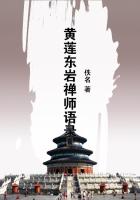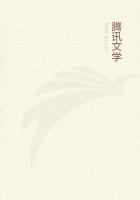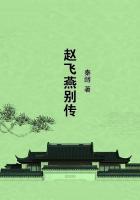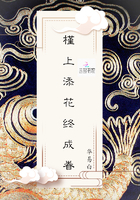What startled me most was the spirit in which a man of Sedgwick's intellectual power protested against the possible encroachments of his own branch of science upon the orthodox tenets of the Church. Just about this time an anonymous book appeared, which, though long since forgotten, caused no slight disturbance amongst dogmatic theologians. The tendency of this book, 'Vestiges of the Creation,' was, or was then held to be, antagonistic to the arguments from design. Familiar as we now are with the theory of evolution, such a work as the 'Vestiges' would no more stir the ODIUM
THEOLOGICUM than Franklin's kite. Sedgwick, however, attacked it with a vehemence and a rancour that would certainly have roasted its author had the professor held the office of Grand Inquisitor.
Though incapable of forming any opinion as to the scientific merits of such a book, or of Hugh Miller's writings, which he also attacked upon purely religious grounds, I was staggered by the fact that the Bible could possibly be impeached, or that it was not profanity to defend it even. Was it not the 'Word of God'? And if so, how could any theories of creation, any historical, any philological researches, shake its eternal truth?
Day and night I pondered over this new revelation. I bought the books - the wicked books - which nobody ought to read.
The INDEX EXPURGATORIUS became my guide for books to be digested. I laid hands on every heretical work I could hear of. By chance I made the acquaintance of a young man who, together with his family, were Unitarians. I got, and devoured, Channing's works. I found a splendid copy of Voltaire in the Holkham library, and hunted through the endless volumes, till I came to the 'Dialogues Philosophiques.' The world is too busy, fortunately, to disturb its peace with such profane satire, such withering sarca** as flashes through an 'entretien' like that between 'Frere Rigolet' and 'L'Empereur de la Chine.' Every French man of letters knows it by heart; but it would wound our English susceptibilities were I to cite it here. Then, too, the impious paraphrase of the Athanasian Creed, with its terrible climax, from the converting Jesuit: 'Or vous voyez bien . . . qu'un homme qui ne croit pas cette histoire doit etre brule dans ce monde ci, et dans l'autre.' To which 'L'Empereur' replies: 'Ca c'est clair comme le jour.'
Could an ignorant youth, fevered with curiosity and the first goadings of the questioning spirit, resist such logic, such scorn, such scathing wit, as he met with here?
Then followed Rousseau; 'Emile' became my favourite.
Froude's 'Nemesis of Faith' I read, and many other books of a like tendency. Passive obedience, blind submission to authority, was never one of my virtues, and once my faith was shattered, I knew not where to stop - what to doubt, what to believe. If the injunction to 'prove all things' was anything more than an empty apophthegm, inquiry, in St.
Paul's eyes at any rate, could not be sacrilege.
It was not happiness I sought, - not peace of mind at least; for assuredly my thirst for knowledge, for truth, brought me anything but peace. I never was more restless, or, at times, more unhappy. Shallow, indeed, must be the soul that can lightly sever itself from beliefs which lie at the roots of our moral, intellectual, and emotional being, sanctified too by associations of our earliest love and reverence. I used to wander about the fields, and sit for hours in sequestered spots, longing for some friend, some confidant to take counsel with. I knew no such friend. I did not dare to speak of my misgivings to others. In spite of my earnest desire for guidance, for more light, the strong grip of childhood's influences was impossible to shake off. I could not rid my conscience of the sin of doubt.
It is this difficulty, this primary dependence on others, which develops into the child's first religion, that perpetuates the infantile character of human creeds; and, what is worse, generates the hideous bigotry which justifies that sad reflection of Lucretius: 'Tantum Religio potuit suadere malorum!'

